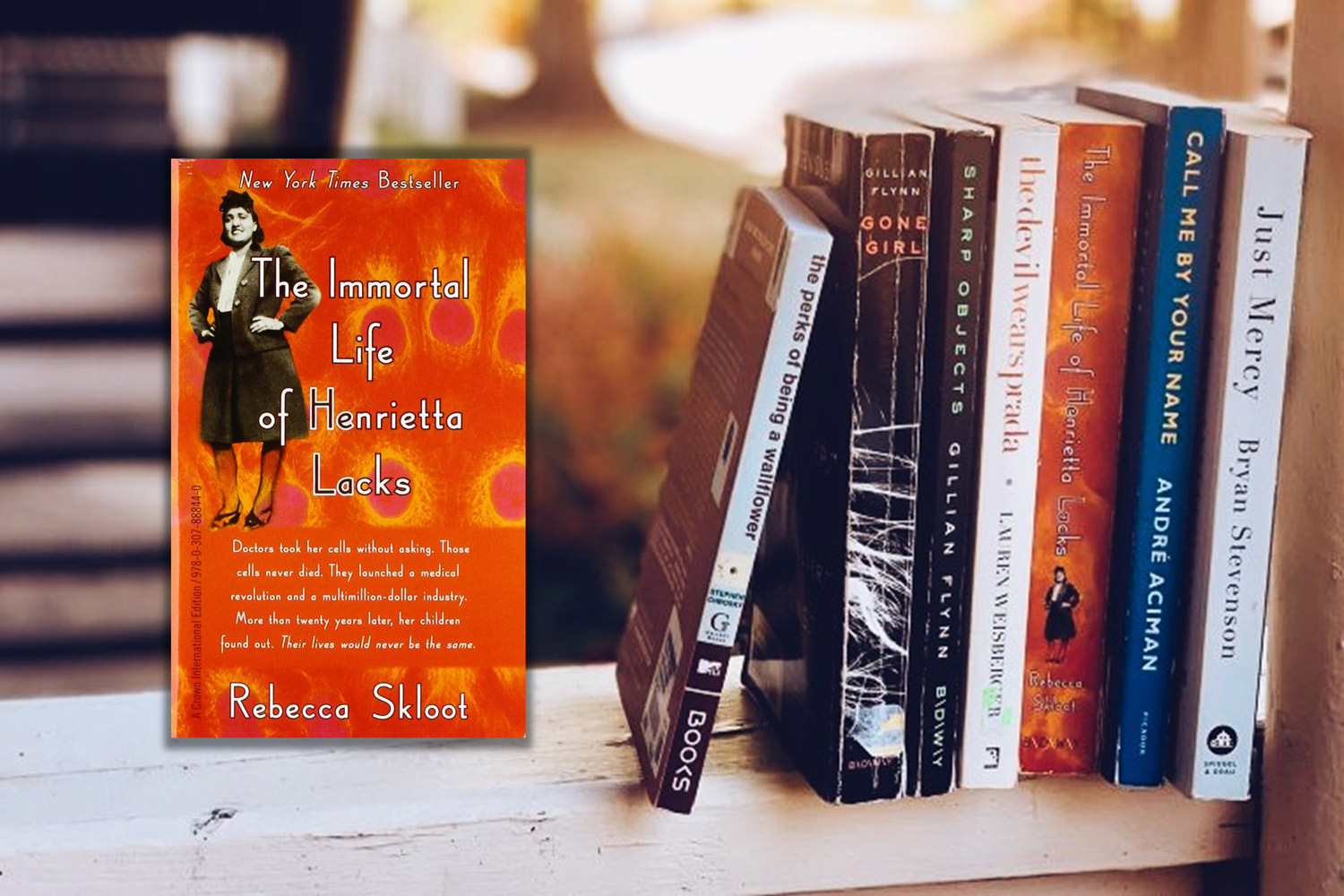
The reading log guides students through the book, which is divided into three parts. They should use the HeLa Reading Log, found on the HeLa student activity sheet, to guide them as they read. Now that students have a basic understanding of HeLa cells and the story behind them, have them read The Immortal Life of Henrietta Lacks. Note: If students don't have access to The Immortal Life of Henrietta Lacks, navigate to the Historical Context of Humans in Research lesson at this time. Once you have had this discussion with students, use the Debate Form from the Northwest Association for Biomedical Research to lead students in a debate about patient rights regarding using human tissue for research. Once students have read this article, engage them in a discussion using the questions on the HeLa teacher sheet (students can record their responses on the HeLa student activity sheet). Note: These two articles, Could Your Cells Be Worth Millions? and Ask Henrietta Lacks: Whose body is it, anyway?, can be used in place of Taking the Least of You, which requires a subscription to The New York Times. Before they do so, have students read Skloot’s article, Taking the Least of You, which discusses other legal cases where patients fought for control over their cell tissue. In this part of the lesson, students will learn more about the case of Henrietta Lacks by reading the book.

This news story provides a very brief summary of the ethical issue of the use of Henrietta Lacks' (HeLa) cells in medical research without informed consent from Henrietta Lacks or her family. If you are unfamiliar with Henrietta Lacks' story, watch the video clip below, Henrietta Lacks: Her DNA fueled medical breakthroughs, which aired on CBS This Morning, August 8, 2013. (Students analyze four historically notable case studies, including two cases covered in the book: Henrietta Lacks and HeLa Cells and The Tuskegee Syphilis Study.) Substitute the Historical Context of Humans in Research lesson from the Northwest Association for Biomedical Research when you reach the part of this lesson that asks students to read the book.

You can still teach this lesson if your students don't have access to the book. This lesson makes use of the book, The Immortal Life of Henrietta Lacks, written by Rebecca Skloot, which is one of the winners of the 2011 Science Books & Films Prize for Excellence in Science Books (a project of AAAS).

Students also learn how a major piece of science history has impacted their lives on an individual level.

They learn what informed consent is and its importance to researchers and patients. Using Henrietta Lacks' story (and others that followed) students learn what bioethics is and how it has influenced cellular research from the 1950s until now. In honor of Henrietta Lacks' 100th birthday, we are sharing American Association for the Advancement of Science (AAAS) ScienceNetLink's lesson The Immortal Life of Henrietta Lacks.


 0 kommentar(er)
0 kommentar(er)
